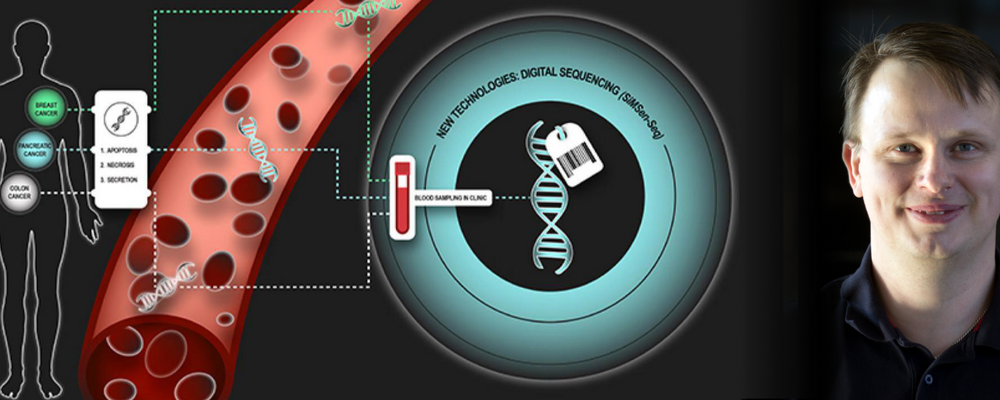Image

Hybrid seminar: Practical and theoretical considerations using digital sequencing in liquid biopsy analysis (SiMSen-seq)
Research
Health and medicine
Science and Information Technology
SciLifeLab Gothenburg invites you to this seminar about the ultrasensitive detection technology SiMSen-seq by Anders Stålberg, Professor at the Inst. of Biomedicine, a WCMTM Fellow and part of Sahlgrenska Center for Cancer Research, and Marcela Davila, Head of Clinical Genomics Gothenburg, where this technology will be offered as a research service.
Seminar,
Webinar
Registration is closed.